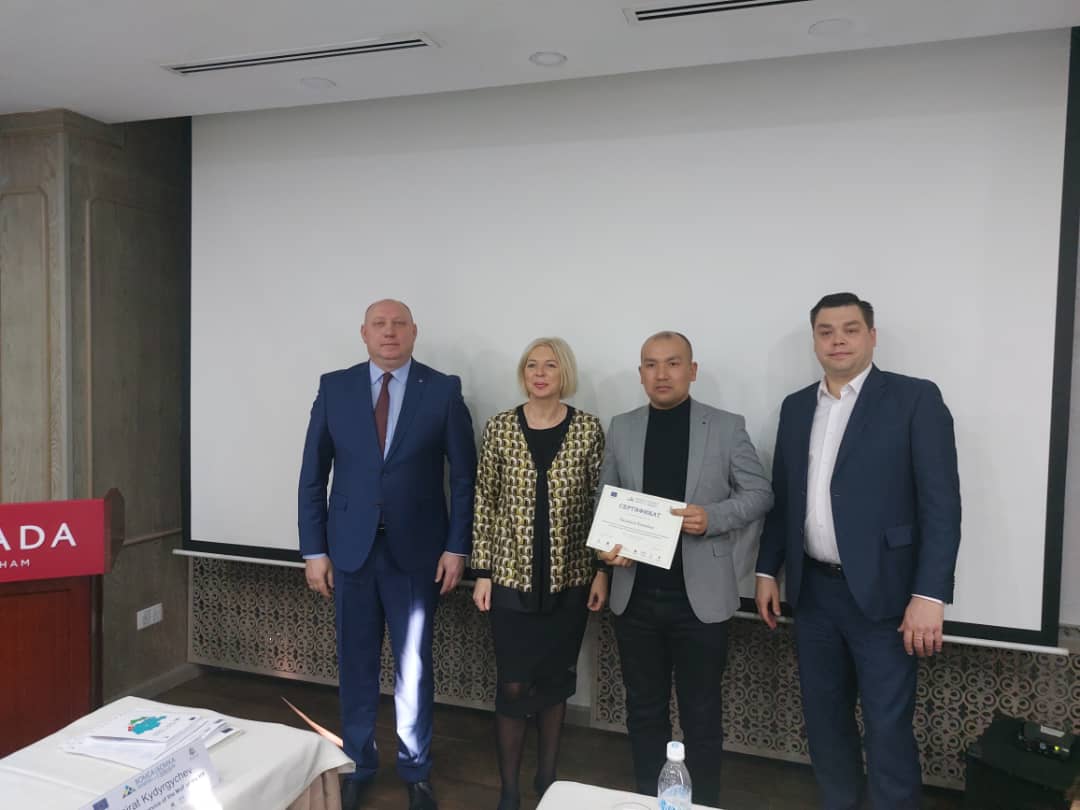From January 12 till 14 2021, the Border Management Programme in Central Asia (BOMCA) held a workshop in Bishkek on the delegation of functions between Border Guard and Customs Services of the Kyrgyz Republic. Officials of the headquarters of the border guard and customs agencies of the Kyrgyz Republic, responsible for the organization, coordination and control of the procedures at the border crossing points, took part in the event. The workshop aimed at supporting the enhancement of cooperation between the border guard and customs services, as well as optimizing border and customs control procedures at the state border crossing points.
During the workshop, various models of delegating functions based on the EU good practices were presented, followed by recommendations on the application of the most optimal means for conducting checks of people, vehicles, and goods passing the border. Also, solutions were proposed for the adaption of technological schemes in the organization of road BCPs and cooperation plans for implementing inspections, which will improve the efficiency of border guard and customs controls.
The expertise for the workshop was provided by the representatives of the state institutions of the Republic of Latvia, that is by the Head of the Border Checks and Immigration Control Department of the State Border Guard; and the Deputy Director of the Customs Board of the State Revenue Service.
The three-day workshop was concluded by presenting recommendations on the introduction of the principle of delegation of functions between the Border Service and the Customs Service of the Kyrgyz Republic. These recommended actions cover legal and practical cooperation; human resources management; and adapting infrastructure which shall help to optimize control procedures and to speed up the flow of individuals and vehicles across the state border.

